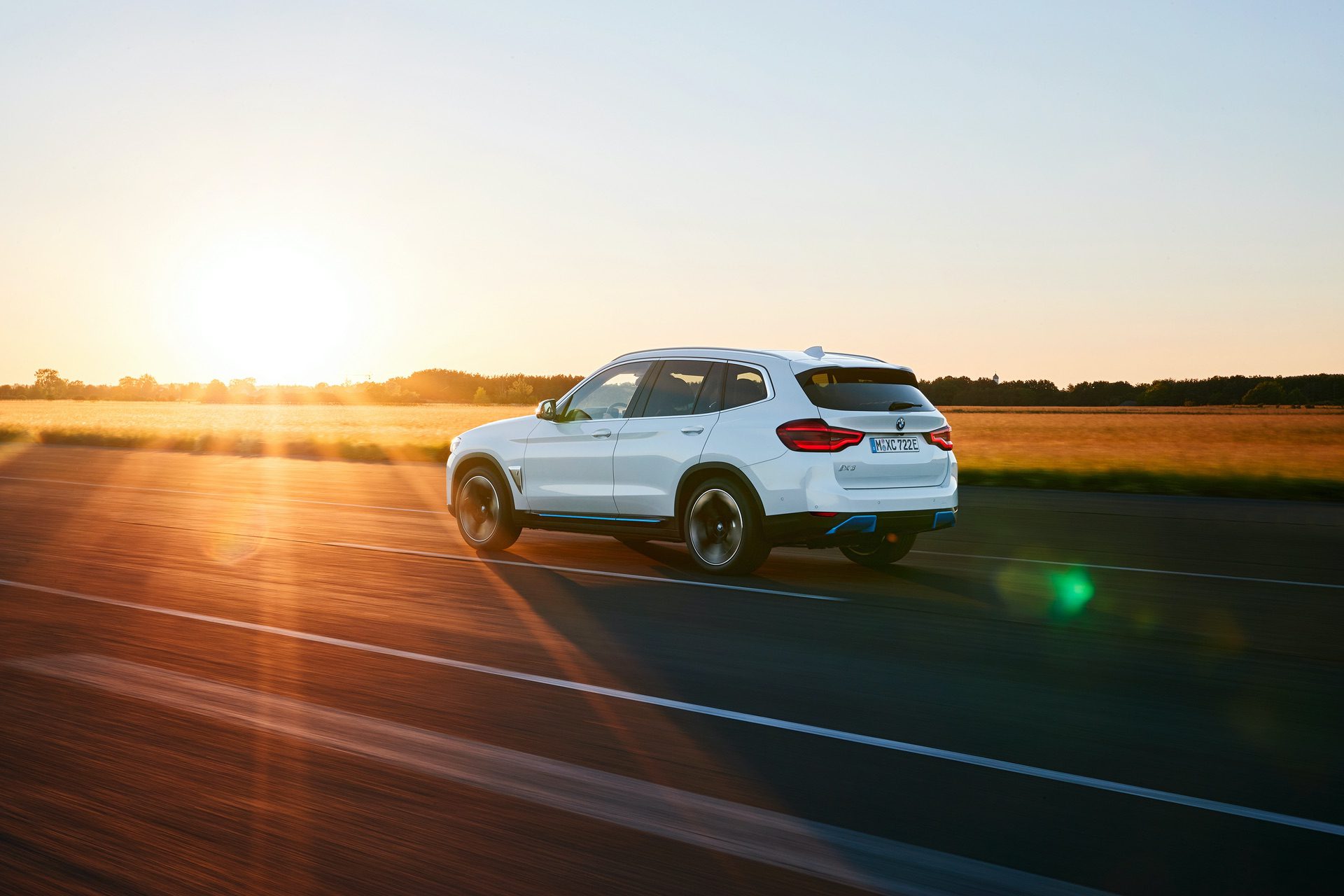After sealing a major agreement with the Chinese manufacturer CATL, BMW has taken a further step toward expanding its electric car program. This will involve an investment of 2,000 million euros in the acquisition of part of the batteries that will leave the Swedish facility. Some cells will also be manufactured entirely with renewable energy.
And it is that production with clean and safe energy sources has become one of the German manufacturers’ main priorities, which at the beginning of July confirmed its plans to extend this throughout its production chain of electrical systems.
In this way, BMW wants to reduce the environmental impact of the production of an element that occupies up to 40% of the CO2 emitted during the manufacturing of an electric car. Something that will have a huge impact on emissions if the entire production and operational process of the vehicle is also taken into account.
The agreement with Northvolt will begin to take effect from 2024, when the plant located in the Swedish town of Skellefteå reaches its maximum expected production capacity of 35 GWh per year. Enough to cover part of BMW’s demand, but also of other manufacturers like Volkswagen.
A new example of the late but firm steps that large manufacturers are taking to satisfy the demand of a sector that has accelerated its transition due to the impact of COVID-19, and which will translate into the case of BMW, which by 2025 expects that Plug-in hybrid and electric car sales account for at least 15-25% of sales.
After sealing a major agreement with the Chinese manufacturer CATL, BMW has taken a further step toward expandingA figure that will depend on factors such as public regulations, incentives, or recharge networks, but which is clear will suppose a sales quota that will not stop growing each year, which will force the German brand to open the way with the battery supply robust enough not to suffer a bottleneck.
The German manufacturer BMW has set an ambitious goal, which is to sell 30% more electric cars year after year until 2025. All to achieve, among other things, compliance with the environmental restrictions imposed by the European Union. In this way, BMW has had to accelerate its plans to switch to a low-emission range and wants to achieve its goal of having 25 electrified models in just two years, by 2023.
If BMW achieves this ambitious challenge of increasing the sale of plug-in hybrid and electric cars, this will mean that, according to data collected in 2018 and the sale of 140,000 electric cars in that period, it is expected that between 2020 and 2025 Germans sell 3 million electrified vehicles, be they pure electric, hybrid or plug-in hybrids.
Something that will mean having between 15 and 18 GWh of batteries each year, and that will force BMW to reach agreements with different manufacturers to ensure the number and quality of batteries that will be a key point in the future of the brand.

